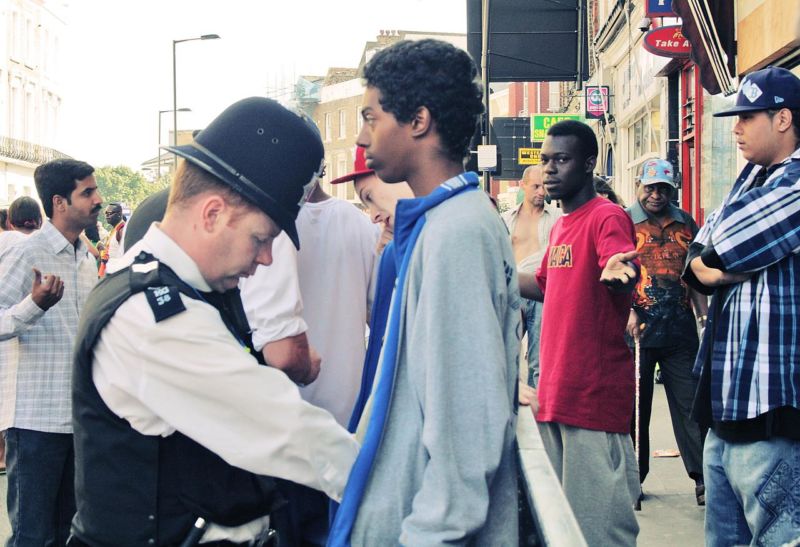Aggressive police policies may backfire
Ars Technica » Scientific Method 2019-04-09

Enlarge (credit: Petras Gagilas)
What's the impact of aggressive policing policies, like New York City's former "stop and frisk" approach to high-crime communities? The evidence suggests that aggressive policing can work to lower the crime rate in some neighborhoods, but it also comes at a cost: lots of innocent individuals stopped and resentment of the police within some communities. While crime statistics are relatively easy to gather, these later issues are much harder to quantify.
But a team of US-based researchers has now attempted to do so, tracking a group of minority male students over a couple of years. Their results suggest that interactions with the police cause distress among these students, and that distress ultimately leads to what they term delinquency—which can include more crime.
Mixed record
The general concept of proactive policing involves putting more police out in high-crime neighborhoods, with the expectation that they'll act as a deterrent to criminal activity. But a large number of approaches that fall under this umbrella lead to a somewhat mixed record. "Although most quantitative studies support that proactive policing is associated with reduced crime," the new paper notes, "there is no consensus in the literature: some studies find no relationship, whereas others find that proactive policing may be counterproductive." In addition, most existing studies have focused on short-term changes in crime rates rather than long-term ones.